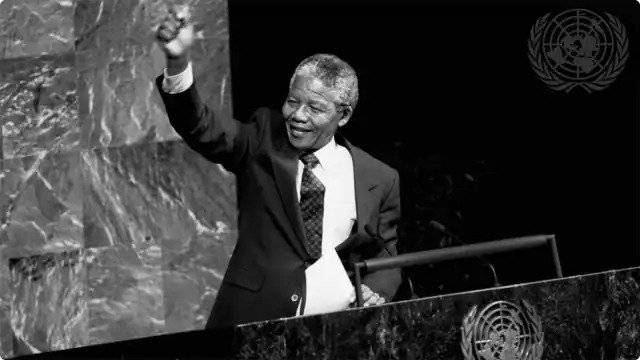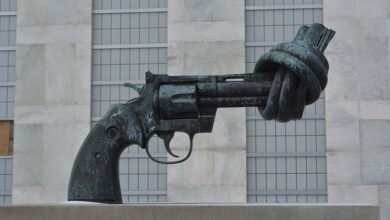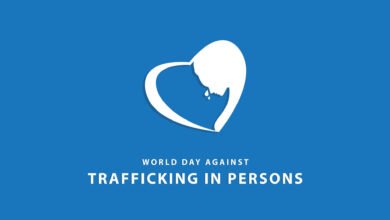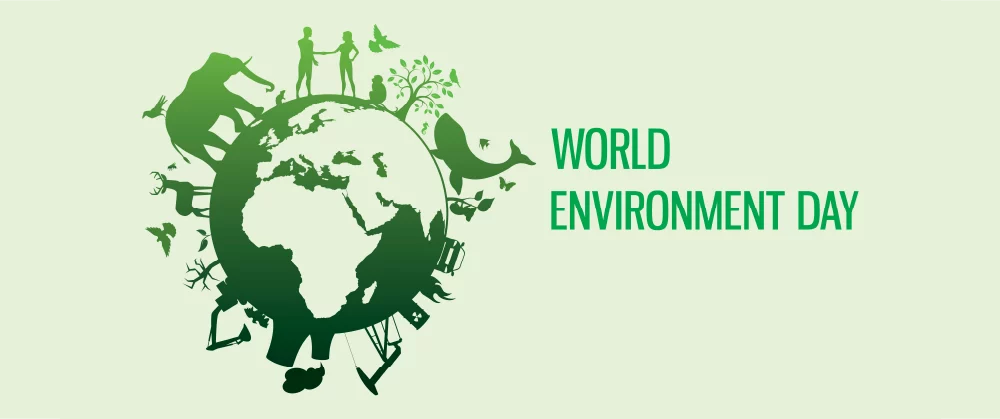Nelson Mandela International Day: Honoring a Legacy of Peace, Justice, and the Struggle for Freedom

Nelson Mandela International Day, observed on July 18, honors the birth anniversary of South Africa’s first democratically elected president, Nelson Mandela. While the day celebrates Mandela’s fight for peace and justice, it holds a special meaning for children, whose rights and futures he tirelessly championed.
After spending 27 years in prison under apartheid, Mandela emerged not only to lead a democratic South Africa but also to fight for equal rights for children of all skin colors—many of whom had been historically excluded and oppressed.
History of Nelson Mandela International Day
The United Nations General Assembly formally proclaimed July 18th as Nelson Mandela International Day in November 2009. This was done in honor of the former President of South Africa’s outstanding contributions to building a society that values social justice, freedom, and peace.
The declaration recognizes Mandela’s unwavering commitment to human rights, gender equality, race relations, conflict resolution, children’s rights, and the rights of other vulnerable groups, as well as his fight against poverty and his efforts to advance democracy globally.
The Significance of Nelson Mandela International Day
Nelson Mandela International Day is a global call to action. Each year, it reminds us that everyone can make a positive impact on the world. The day highlights the following:
Mandela’s Values
Mandela stood for respect, forgiveness, reconciliation, and a lifelong dedication to humanity. These values continue to guide efforts toward justice and equality.
Service to Humanity
The day encourages people to engage in volunteering and acts of kindness, using their time and talents to make a positive difference in their communities.
On this day, everyone is encouraged to spend 67 minutes doing something good, one minute for each of the 67 years Nelson Mandela dedicated to public service.
Prisoners’ Rights
Mandela’s own experience as a prisoner shaped his compassion for those in custody, including young offenders.
The Nelson Mandela Rules, named in his honor and adopted by the UN in 2015, are international guidelines that promote the humane treatment of prisoners and recognize their dignity and rights.
A Champion for Children’s Rights
There’s a reason why Nelson Mandela, the first democratically elected president of South Africa, was lovingly called the “father of the nation.” He was referred to as such not only because of the fatherly role he played while leading South Africa, but also because of the affection and support he provided to children.
Nelson Mandela believed that every child deserves love, dignity, and the opportunity to thrive. His vision of equality and justice always included children. As president, he ensured that children had access to education, protection, and the opportunities they needed to succeed.
Mandela’s tireless efforts on behalf of children were recognized globally. In 2005, he received the World’s Children’s Prize for his lifelong struggle to free children from apartheid and injustice.
In 2009, he was named the WCP Decade Child Rights Hero, alongside his wife Graça Machel, in recognition of their shared commitment to advancing children’s rights.
To continue his mission, Mandela established the Nelson Mandela Children’s Fund (NMCF). The fund provides vital support for orphans, particularly those affected by AIDS, as well as street children, disabled children, and children living in poverty without access to healthcare or education.
His passion for promoting children’s rights and interests also led to the creation of the Nelson Mandela Children’s Parliament (NMCP) in 2011, giving children a voice in shaping the future.
As president, Mandela personally donated half of his salary to support disadvantaged children and gave a portion of his Nobel Peace Prize money to help street children.
His deep love for children inspired him to leave a lasting legacy, the Nelson Mandela Children’s Hospital in Johannesburg, to continue caring for them even after he was gone.”
He believed deeply that every child should feel loved and be given the chance to develop their talents, a belief that continues to inspire global efforts in child advocacy today.
Lessons Children Can Learn from the Life of Nelson Mandela
Nelson Mandela International Day encourages children and youth to:
- Stand up for what is right by speaking out against unfairness and treating everyone equally.
- Forgive others and choose peace, even when you’ve been hurt.
- Value education, because learning is the key to changing the world.
- Be kind and help those in need, no matter how small the act.
- Never give up, even when things seem difficult or impossible.
- Believe in your power to make a difference, no matter your age.
- Respect and celebrate people’s differences, because diversity makes the world beautiful.
Conclusion
Nelson Mandela International Day is more than just a time to remember a remarkable man and leader; it is a reminder for everyone, especially children, to carry forward his values. Mandela believed that every child has the power to make a difference through kindness, courage, and fairness. By standing up for what is right, helping others, and believing in themselves, children can honor his legacy and help build a brighter, more just world for all.





